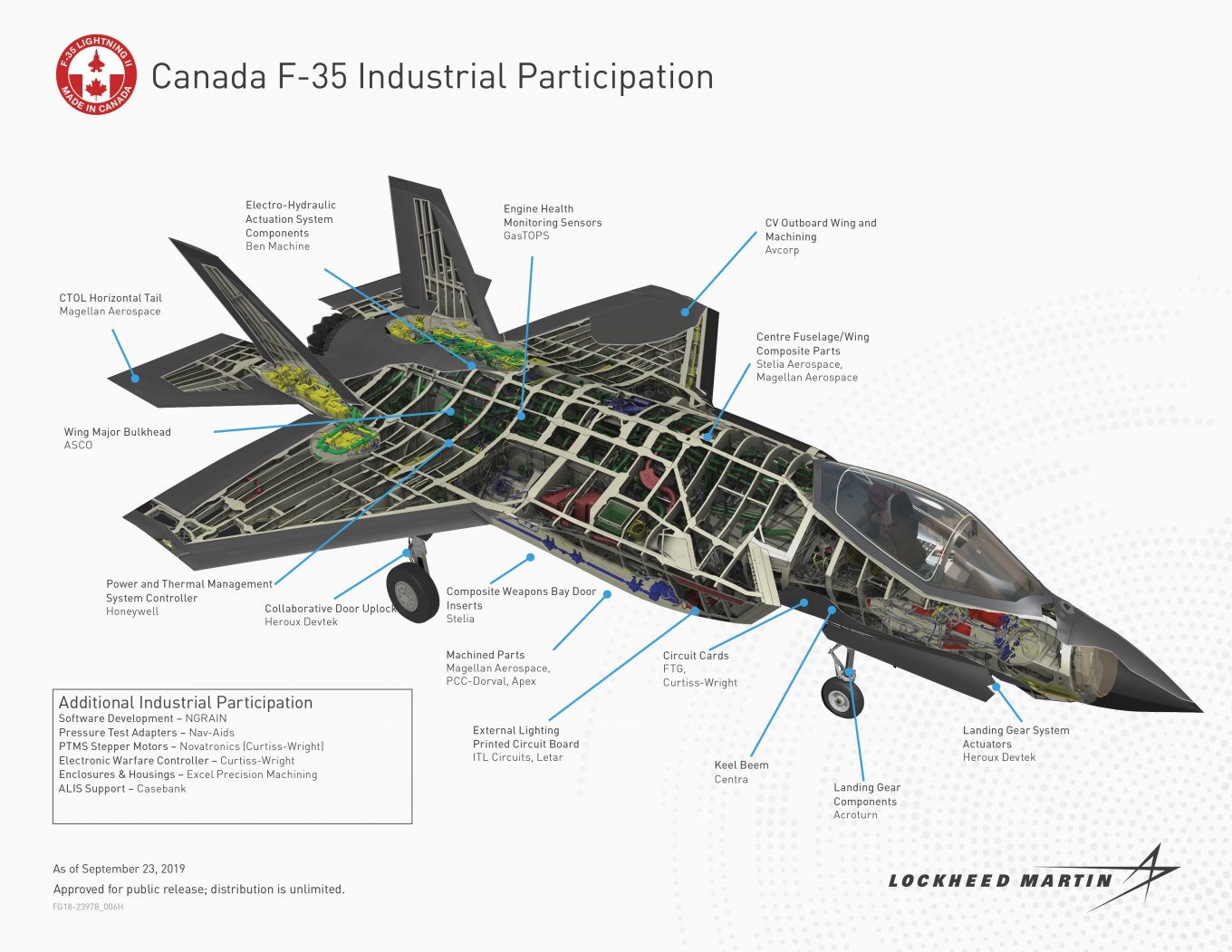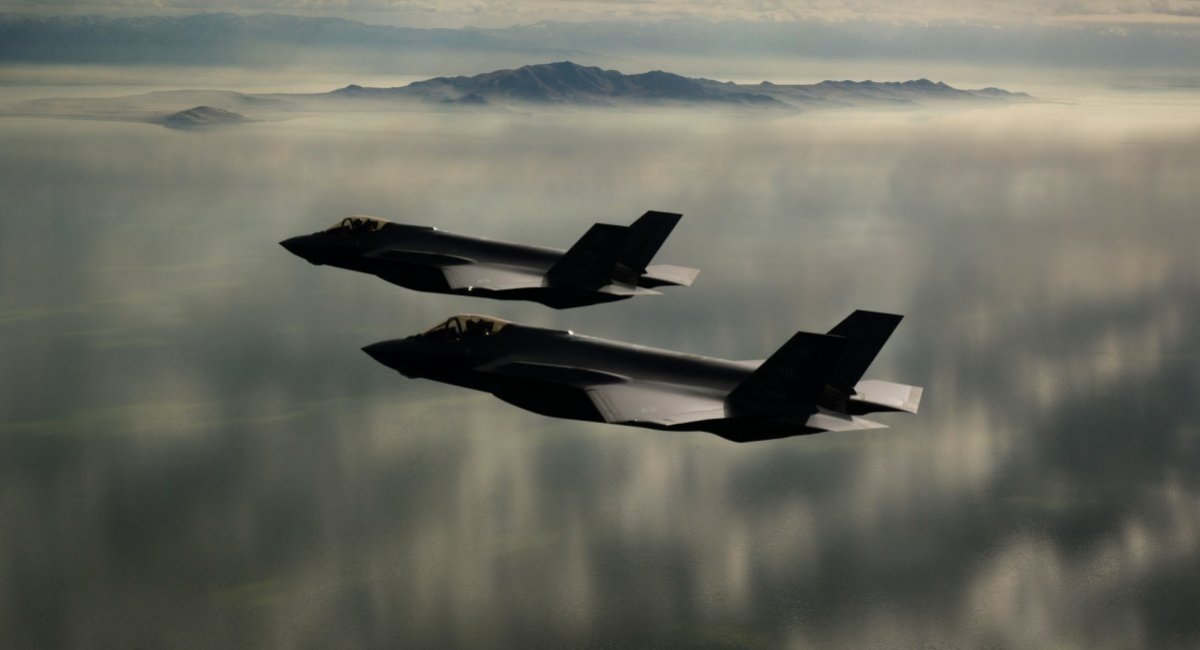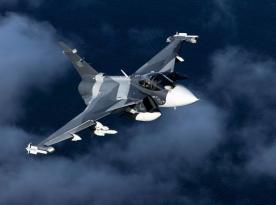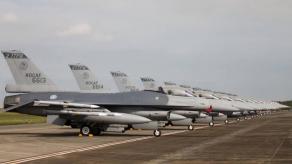The fear of being left unarmed and defenseless against armed aggression is exactly what the Trumpists have sown among their allies with their latest actions. Canadians, who have repeatedly heard threats from Donald Trump about the "51st U.S. state" and face the tariff war unleashed by Washington, have become anxious about their security.
After all, Canada is a large, resource-rich, sparsely populated country with a relatively small military, geographically squeezed between the USA and the russian federation. This is not the best situation to find oneself in in the current world realities.
Read more: How a 25% Import Tax Threaten Military Supply Chains, the U.S. May Grow Dependence on China and russia

So, Canadian expert circles have expressed concerns about the ongoing acquisition of American F-35 fifth-generation fighters and to consider whether the government should cancel the deal. A brief reminder: Ottawa ordered 88 F-35As in 2023 for 14.5 billion (hereinafter) US dollars. The Canadian Ministry of Defense also has estimated the F-35's operational costs for a projected 45 years in service at $54 billion.
In an article for The Globe and Mail, Michael Byers, co-director of the Vancouver Outer Space Institute, recalled that the United States holds unilateral control over the source code for F-35's mission programming. In fact, he claimed, the US could simply remotely turn off F-35s' advanced situational awareness capabilities and achieve air superiority, "perhaps with just a few keyboard strokes," Byers notes.
From Defense Express, the described scenario does sound fantastic. But the main point is correct: the United States never gave any of its partners access to the original software code. All software updates are also done in the US. To illustrate, the F-35 Partner Support Complex (PSC) is managed by the U.S. Air Force 350th Spectrum Warfare Group, which develops, supports the development, and tests F-35 mission data for all foreign customers.
As officially stated, foreign F-35 operators are prohibited from carrying out these works independently without the participation of the United States. This applies to all foreigners, even the United Kingdom, the only partner in the first-tier F-35 program, and Israel, which has extensive freedom in the matters of its aircraft's equipment.
What's important to understand is that mission data does not determine the fighter's ability to take off or its flight mission parameters. It's the algorithms that process electromagnetic spectrum signals for conducting radio reconnaissance and electronic warfare. In layman's terms, they define the capability to counter the radars of enemy fighters and air defense systems. But this much is enough to consider the whole system compromised if a war with the United States were to break out.
That is not to mention the general dependence of the F-35 combat readiness on the United States maintenance, repair, modernization, as well as supply of spare parts, missiles, and other ammunition. Fulfilling these obligations is up to Washington's goodwill.

With that clarified, the very fact that such talks are already in motion, that American fighters can turn into a "pumpkin" with just one click, like in the Cinderella fairy tale, can lead to serious financial consequences, as they become a convenient tool for criticizing multi-billion dollar purchases.
Another example is the British urban legend that American Trident II D5 missiles with British nuclear charges may not fly if the U.S. turns off the GPS. This is, of course, not true, but this allegation turned out to be quite persistent, so the British government needs to constantly refute it.
Read more: Is French Nuclear Umbrella Vast Enough to Shield All of Europe














